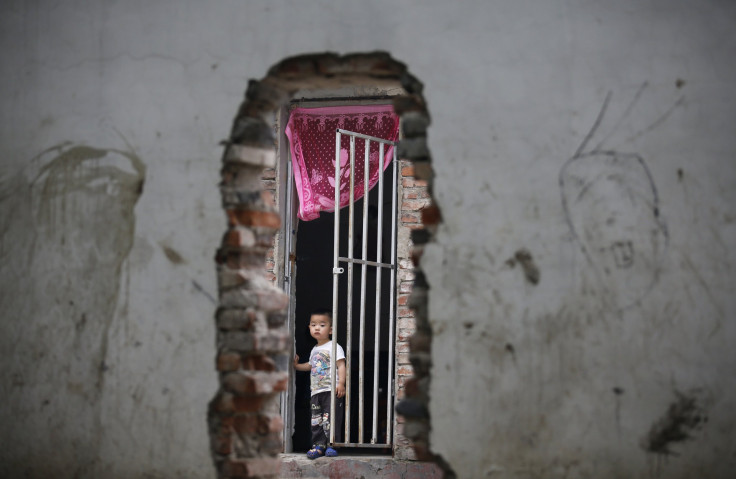Beijing's New Housing Regulations Aim To Prevent Real Estate Speculation, Benefit Low-Income Families

Beijing unveiled a set of housing regulations offering 70,000 units of lower-cost homes for people who actually intend to live in them instead of "flipping" them for a quick, speculative profit, something that has driven prices in China’s capital city way up.
The set of seven new regulations, called “Beijing Seven Rules," come on the heel of earlier government attempts to cool the property market that has all but failed. The homes under this new set of rules are called “self-use” homes, and the rules stated that owners must live in the homes and not sell them within five years, Caixin, a Chinese financial news outlet, reported on Thursday.
Beijing plans to provide enough land to construct 20,000 such residences by year-end, with another 50,000 slotted for next year, but the units will likely take a few years to build. The properties will be sold for 30 percent less than the average housing prices in the area, benefitting lower- to mid-income families, and most units will be 90 square meters (968.75 square feet) or less.
The properties will be available to those with Beijing hukou, the local residence registration, or those who can prove that they have paid Beijing taxes for five straight years. Previously, low-cost housing has excluded migrant workers, but this tax allowance under the new rule will hopefully enable some migrant worker families to purchase a home in Beijing.
To discourage speculation, those who buy a house under the seven rules and sell within five years will need to return 30 percent of the returns from such sales. Data from the National Bureau of Statistics showed that prices for new homes in Beijing along with other major cities rose 20 percent in September compared to the same period last year, making additional housing regulations necessary for the capital.
While the measures have good intentions, experts are skeptical of whether they will solve Beijing’s housing bubble in a sustainable way.
“Administrative measures on housing prices come and go,” Caixin wrote. “Many of the big solutions -- introducing an effective property tax, tackling excessive liquidity and breaking the government’s monopoly on land supply -- are beyond the local government’s purview. All of these things would require comprehensive reforms authored by the central government.”
There are also question as to whether Beijing’s municipal government will stick to the regulations, because, inevitably, there will be people who try to game the system.
“The key question is whether the Beijing government will execute this policy exactly by the book, and allocate the new supply to qualified people fairly, or forget or change it in the future -- like many previous housing policies,” Jinsong Du, a Credit Suisse analyst, told the Wall Street Journal.
© Copyright IBTimes 2024. All rights reserved.




















